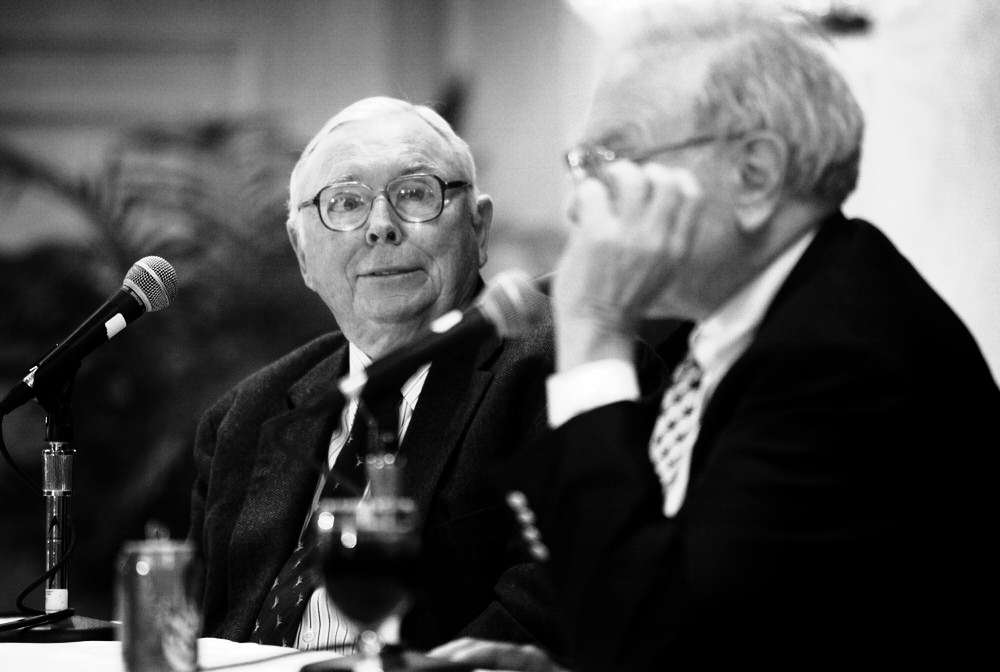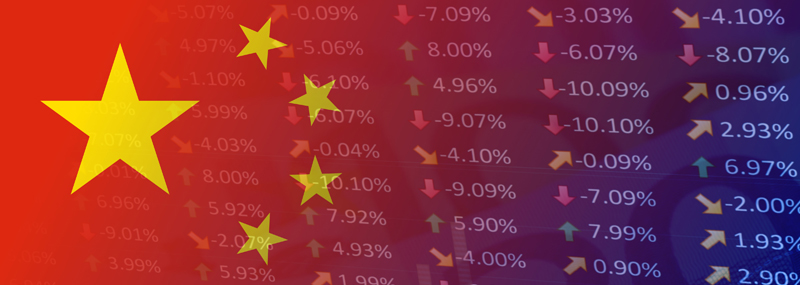The sanctions on these companies are unlikely to affect most investors.
by Fidelity Viewpoints
Why are some Chinese companies being placed off-limits to US investors?
On November 12, 2020, President Trump issued an executive order that will prohibit US investors from investing in certain Chinese companies that the administration has determined are closely linked to China’s military and surveillance agencies.
The administration says that the close relationship between China’s military, government, and a number of Chinese companies—whose shares are available for purchase by US investors—poses a threat to US national security.
The executive order is intended to prevent China from raising capital from US investors which it could then spend on its military. The order bars US investors from investing in publicly traded securities of firms identified by the US Department of Defense (DOD) as “Communist Chinese military companies” and went into effect at 9:30 a.m. ET on January 11, 2021.
Which Chinese companies are affected by the ban?
See below for a list of impacted companies. This list may evolve and many, but not all, of these companies currently have securities that are traded on US, Chinese, or other public exchanges.
Since the executive order was announced, DOD has added 4 additional companies to the list of those that US investors may not hold. These securities will be subject to purchase restrictions starting February 1, 2021, and we expect that additional companies could be added to the list.
On January 6, the US Department of Treasury’s Office of Foreign Assets Control (OFAC) published new guidance stating that “transactions in the securities of any Communist Chinese military company (CCMC) subsidiary (whether expressly listed or not) are prohibited if the subsidiary’s name exactly or closely matches the name” of listed CCMC entities. In this guidance, OFAC identified 3 additional companies whose names it says closely match the names of previously identified CCMCs.
Companies whose securities may not be purchased after January 11
Company name abbreviations are not trading symbols
Aero Engine Corporation of China
Aviation Industry Corporation of China (AVIC)
China Academy of Launch Vehicle Technology (CALT)
China Aerospace Science and Industry Corporation (CASIC)
China Aerospace Science and Technology Corporation (CASC)
China Communications Construction Company (CCCC)
China Electronics Corporation (CEC)
China Electronics Technology Group Corporation (CETC)
China General Nuclear Power Corp.
China Mobile Communications Group
China National Chemical Corporation (ChemChina)
China National Chemical Engineering Group Co., Ltd. (CNCEC)
China National Nuclear Corp.
China North Industries Group Corporation (Norinco Group)
China Nuclear Engineering & Construction Corporation (CNECC)
China Railway Construction Corporation (CRCC)
China Shipbuilding Industry Corporation (CSIC)
China South Industries Group Corporation (CSGC)
China Spacesat
China State Construction Group Co., Ltd.
China State Shipbuilding Corporation (CSSC)
China Telecommunications Corp.
China Three Gorges Corporation Limited
China United Network Communications Group Co Ltd.
CRRC Corp.
Dawning Information Industry Co (Sugon)
Hangzhou Hikvision Digital Technology Co., Ltd. (Hikvision)
Huawei
Inspur Group
Panda Electronics Group
Sinochem Group Co Ltd.
Companies whose securities may not be purchased after February 1
China Construction Technology Co. Ltd. (CCTC)
China International Engineering Consulting Corp. (CIECC)
China National Offshore Oil Corp. (CNOOC)
Semiconductor Manufacturing International Corp. (SMIC)
Do most individual investors need to do anything in response to the executive order?
Currently, we do not expect that the sanctions will significantly affect the vast majority of our investors. We will, however, continue to monitor developments related to the executive order.
What is Fidelity doing in response to the order?
Fidelity complies with applicable laws, rules, and regulations—including sanctions—when managing funds and serving our clients. We are reviewing the executive order as well as recent guidance from OFAC to understand the implications for our investors. We have policies, procedures, and controls in place, which are designed to support compliance with the newly issued sanctions.
As part of our investment decision-making process, our fund managers evaluate companies based on their financial performance and prospects, as well as on their competitive, legal, and regulatory environments.
Will Fidelity have to sell any securities held by its mutual funds to comply with the new sanctions?
Fidelity intends to fully comply with the provisions of the new sanctions when managing its funds including restrictions on any additional securities that are identified pursuant to the order. We do not expect any disruption to the ability of investors to continue to invest in the Fidelity funds after January 11.
Any fund available on our platform is required to comply with applicable laws. This includes the new sanctions effective January 11, 2021, and the recent OFAC guidance. Information regarding a particular fund’s holdings and geographic diversification is publicly available on our website: www.Fidelity.com. Please note that holdings data reporting may be delayed for up to 90 days to protect a fund from potentially harmful disclosure and thus may not reflect current holdings. We do not expect any disruption to the ability of investors to continue to invest in the Fidelity funds or other funds offered on our platform after January 11.
If I own one of these securities, will I be able to sell it?
Notwithstanding its prior announcements, on January 6, the NYSE announced that it will suspend trading in the American Depository Receipts for China Telecom Corporation Limited (CHA), China Mobile Limited (CHL), and China Unicom (Hong Kong) Limited (CHU) at 4:00 a.m. ET on January 11. OFAC has restricted these three issuers, and as a result, we anticipate the ability to facilitate transactions in these securities may be further limited.














